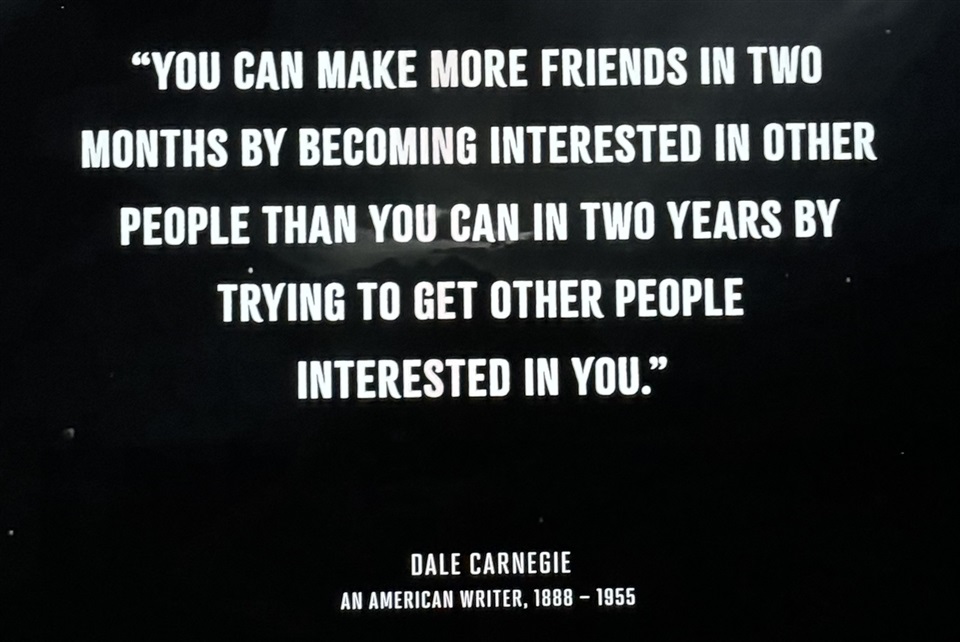Social difficulties: particularly in a group setting centered around an activity (jiu jitsu, for example). I always tend to perceive that I've been black listed. They stopped inviting me out places alongside the group. I believe this is entirely due to my inability to stay within the social norms concerning my high sense of justice and immediate need to bear my soul with everyone. I'm 36. I was yesterday years old when I learned 1. that small talk isn't painful for most people and it actually helps them feel calm and safe (kind of like a script but for allistics) 2. you will have different "levels" of relationships depending on the context you made the connection in. For example, not everyone you meet is your friend. In fact, most people are merely acquaintances. And when your bjj coach says you can text him anytime if you need something you cannot, in fact, text him any time. Especially because his wife will start thinking you're up to something nefarious. 3. you have to change how you talk to people based on hierarchy and your boss notices if you don't. And that's not good unless your boss is also neurodivergent (thankfully, I've finally found a manager that is and we work very well together and talk about our cats a lot instead of business).
Anyway, as for the group setting thing. I've never been good at group dynamics. I was tempted to try and find yet another self help book on the matter but decided to say *** this ***. these people are not interested in understanding me, why should i continue to learn masking skills for them? bastards. but also... i wanted to be part of the whole. :(
Ok, thats all for now. I'm in the good ole usa. It sucks here, too. fyi.
Special interest: psychology, because I keep trying to fix myself so Im not lonely. Also, i keep going back to drawing because it clams me down like nothing else. I feel like I woke up from a deep sleep if I just spend 30 minutes drawing and hyper focusing on it with music in my noise cancelling ear buds.




